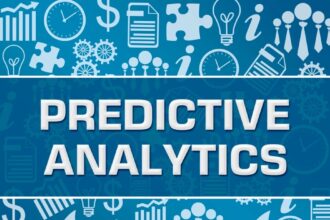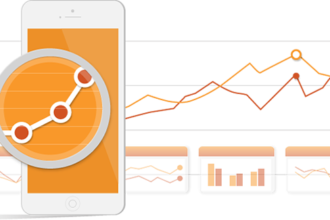The federal government is often slow to embrace new technology. However, many federal agencies have finally discovered the countless benefits of big data. The Internal Revenue Service (IRS) is one of the organizations that has started using big data to enforce its policies. Small businesses should utilize their own big data tools to keep up with the evolving changes this has triggered.
The IRS uses highly sophisticated data mining tools to identify underreporting by taxpayers. According to a recent report, they sent 3.7 million CP2000 underreporting notices in one year. This figure is a small fraction of the total number of taxpayers that the IRS has determined that have not reported their income fully. The tax enforcement agency determined that nearly 30 million taxpayers underreported their income in the same year. In other words, the IRS’s data mining technology determined that one out of every five taxpayers underreported their income that year. They chose not to send underreporting notices to 87% of these delinquent taxpayers due to the small discrepancies, but could have done so if they felt it was worth their while.
This should be a serious wakeup call for small businesses that erroneously reported their income. Whether they deliberately underreported their income or made a good faith mistake, they have to contend with the consequences. It is very difficult to get away with underreporting income now that the IRS has started using highly sophisticated data analytics tools for compliance purposes. Many accounting and bookkeeping services are using big data these days.
The good news is that data analytics is not only available to the IRS. Small businesses can also use big data to assist with taxes.
Big data is being utilized for tax planning by companies of all sizes
The utilization of big data for tax planning is much more prevalent than the average person believes. A report by Deloitte found that 60% of companies have started using data analytics to assist with tax planning purposes. The 40% of companies that have not started using it are open to doing so in the future.
There are a number of ways that big data can help with tax planning purposes. Some of these benefits are listed below.
Identifying A larger number of deductions under the tax code
The tax code is currently 6,550 pages long. As you can imagine, it is incredibly difficult for the average business owner to go through such a massive document and identify all of the tax deductions available to them.
Big data has made the process much easier. They can create a version of the tax code in digital form. This enables them to search for relevant deductions and credits that they could take advantage of. In previous years, they would need to scan through the entire document to identify these tax saving opportunities, which is something the average business owner in their accountant simply could not afford to do. Today, data mining technology makes it incredibly easy to identify those often-overlooked credits and deductions.
Forecasting future tax expenses
Tax planning is much more difficult for businesses than it is for individuals, because their income varies so much throughout the year. They may find that the first quarter is always the slowest, but they have a much higher income a few months later. If they set aside payments in the first quarter based on the assumption that net income will be linear, then they will be at a higher risk of making an underpayment penalty.
It is much better to estimate the amount of revenue the company will generate for the entire year. This makes it easier for them to set aside the right amount every month. Big data technology has made this process much easier.
Big Data is the Key to Staying on Uncle Sam’s Good Side
The IRS is using big data to enforce the tax code more easily. The good news is that small businesses can also use big data to make sure that they don’t fall behind with their taxes. They should explore the benefits as much as possible, so they can get the tax deductions they deserve and avoid costly underpayment notices.










